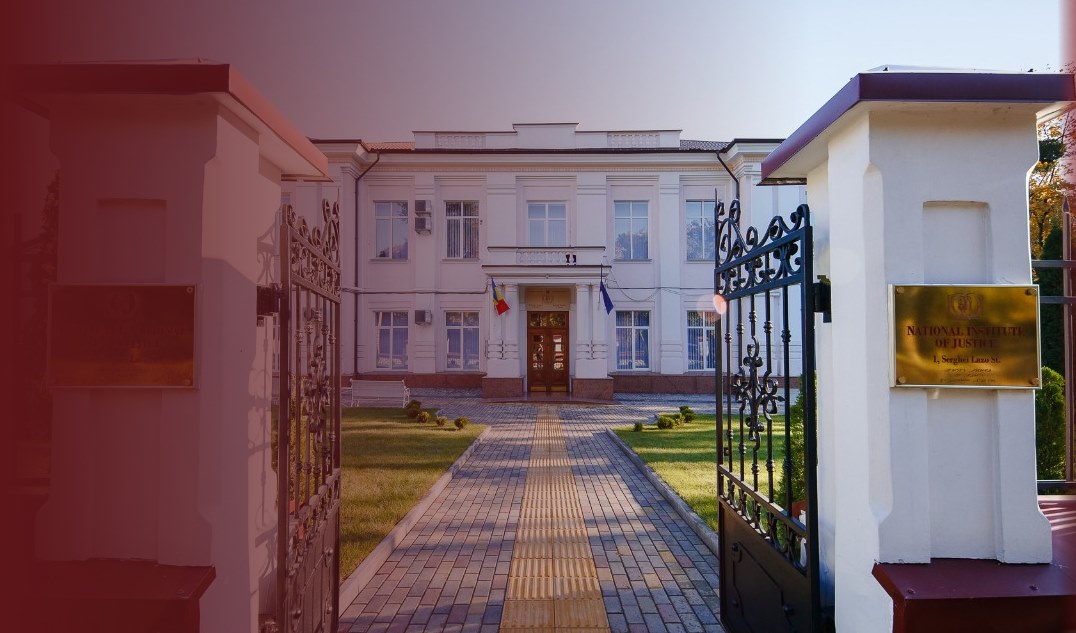On Thursday, December 19, 2024, at the National Institute of Justice, was organized a meeting with representatives of USAID's initiative ”Resilient Institutions Against Corruption” (RISC), Phase II - Eugen Burdelnii, team leader, Cristina Reul, senior technical advisor, and Angela Caranfil, finance, grants and administration manager.
During the discussions with the Head of the training and research Department, Ecaterina Popa, the Head of the legal information Centre, Tatiana Ciaglic, and the Head of the e-Learning Section, Tatiana Bruma, the opportunities of cooperation in order to improve training programs and develop institutional capacities were explored.
Representatives of the National Institute of Justice pointed out the main directions that require the support of partners. A major priority is the use of modern training tools such as e-capsule to respond to the professionals' needs, including in the anti-corruption field. The usefulness of training prosecutors and judges specialized in investigating and examining corruption cases was also highlighted. In the same context, the importance of strategic communication and the development of a communication strategy of the National Institute of Justice was discussed.
Another essential aspect of the meeting was to facilitate the participation of the Institute's beneficiaries in the training activities offered by the European Judicial Training Network (EJTN), as well as the participation of the NIJ's trainees or young graduates in the AIAKOS Program.
The team of the RISC project has demonstrated openness to the identified priorities and intends to come back with concrete proposals for supporting the implementation of initiatives.
Approved by USAID, the second phase of the RISC project focuses on three key areas: a) improving cross-border collaboration to combat corruption and illegal political financing, b) strengthening institutional processes through risk management and regulatory reforms, and c) empowering institutions, media and civil society to counter misinformation. Activities include leveraging international forums, conducting vulnerability analyses, addressing implementation gaps and developing communication capacities.
